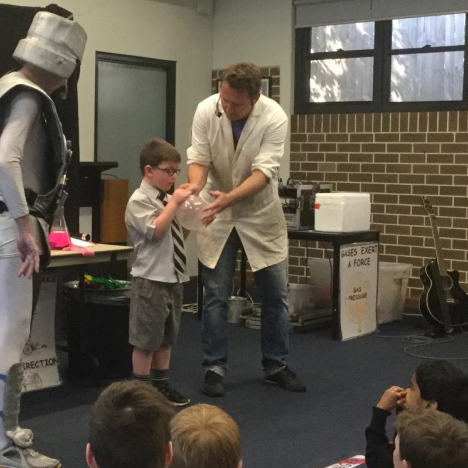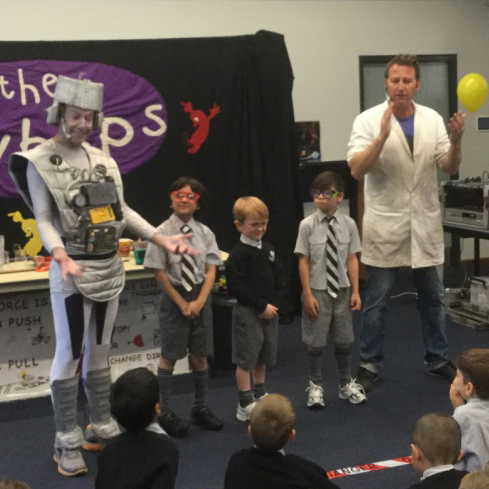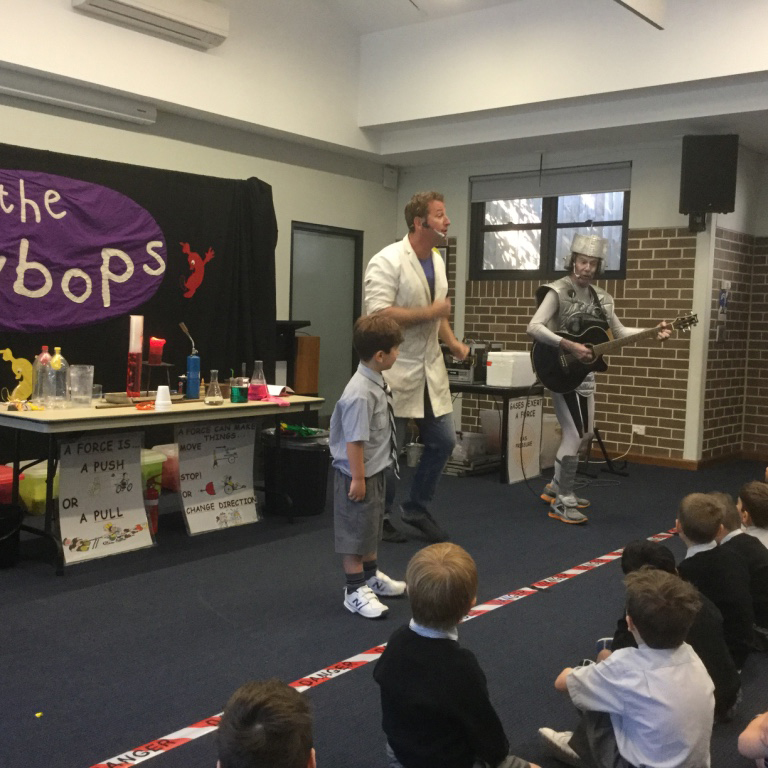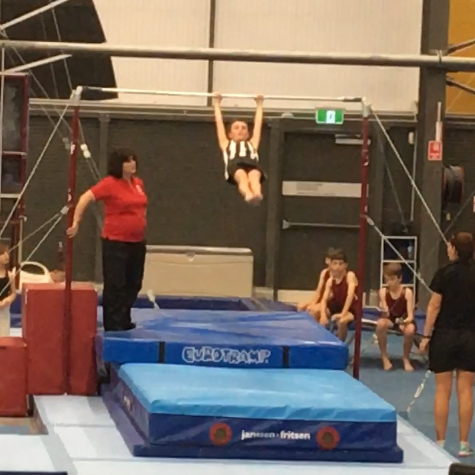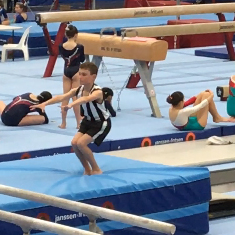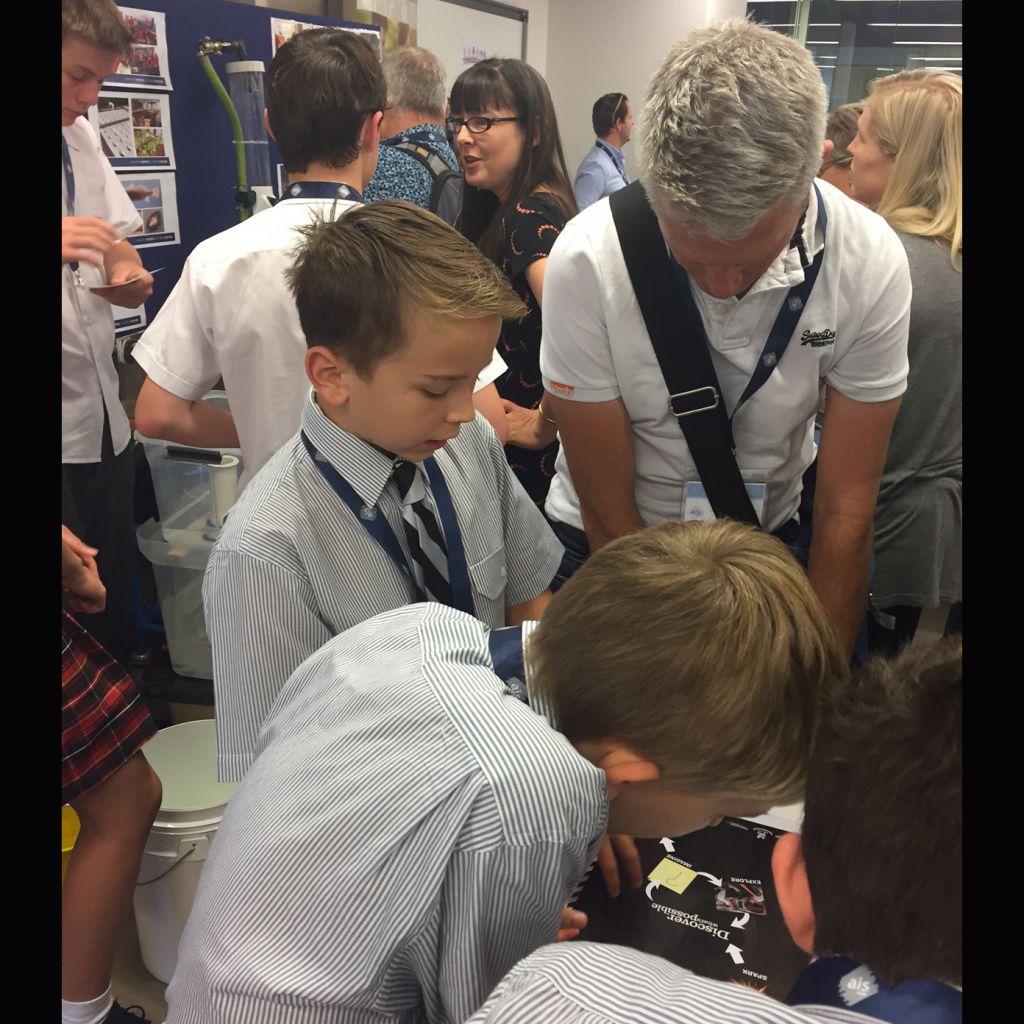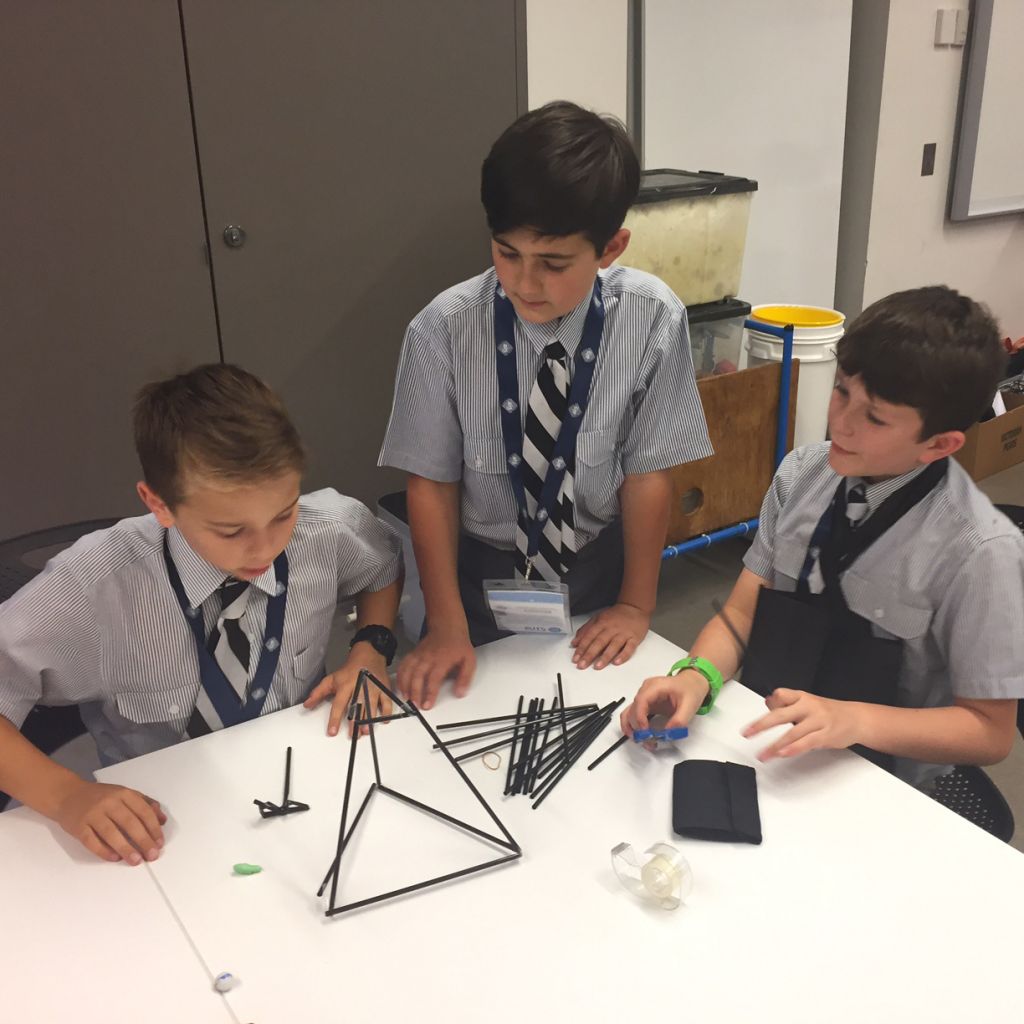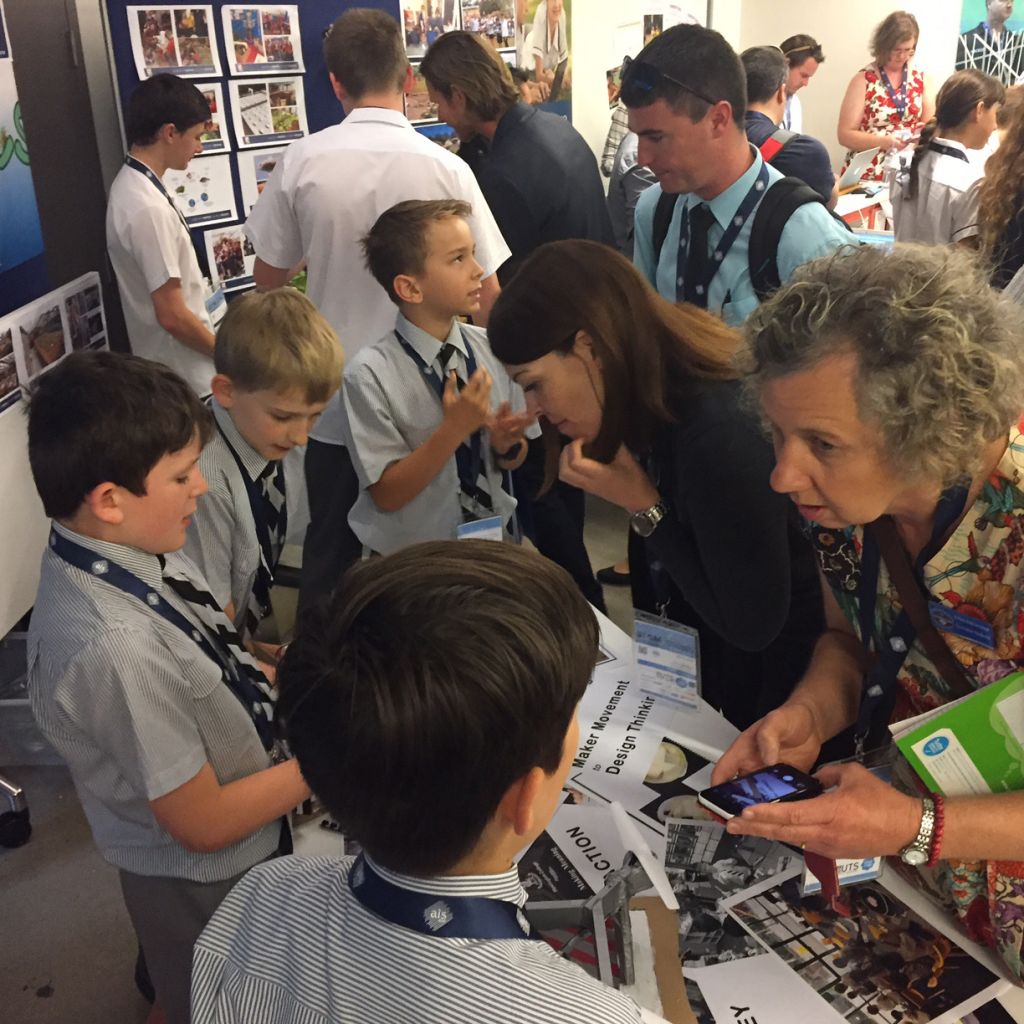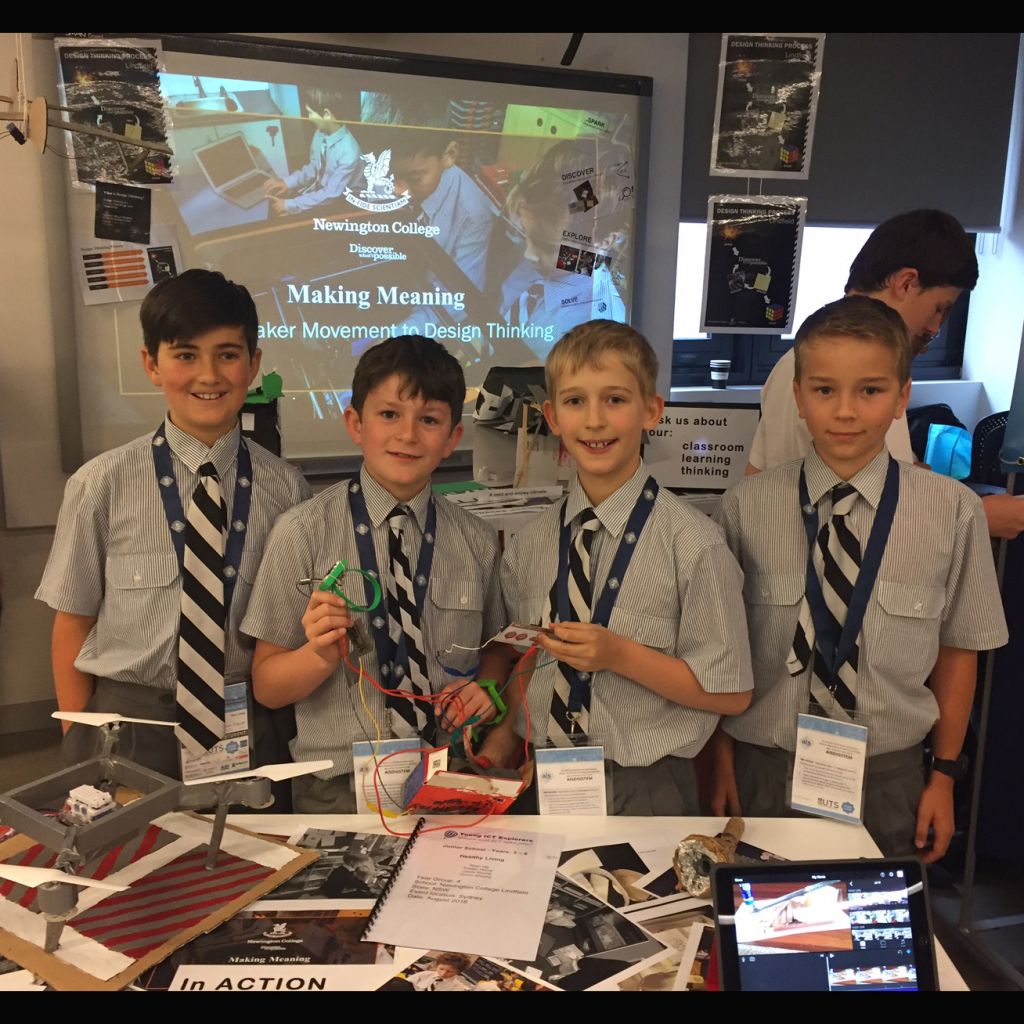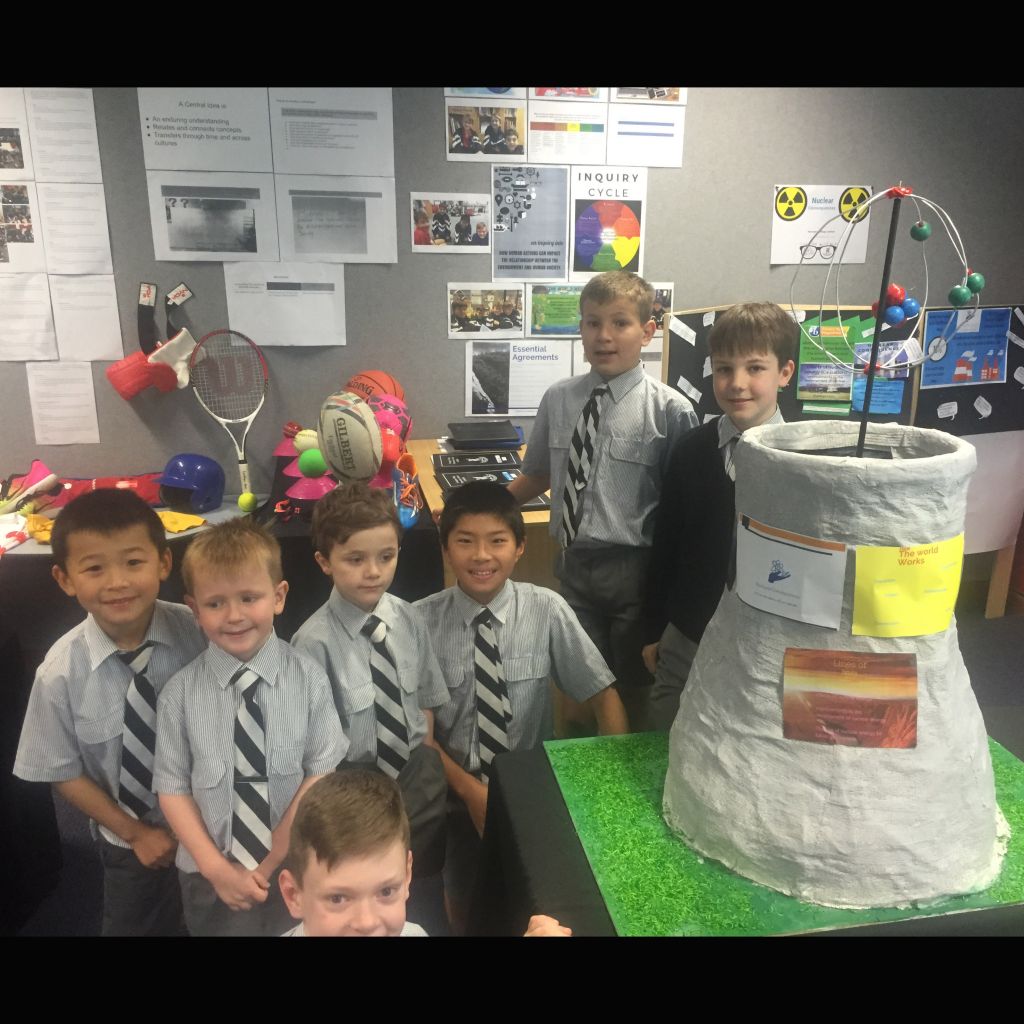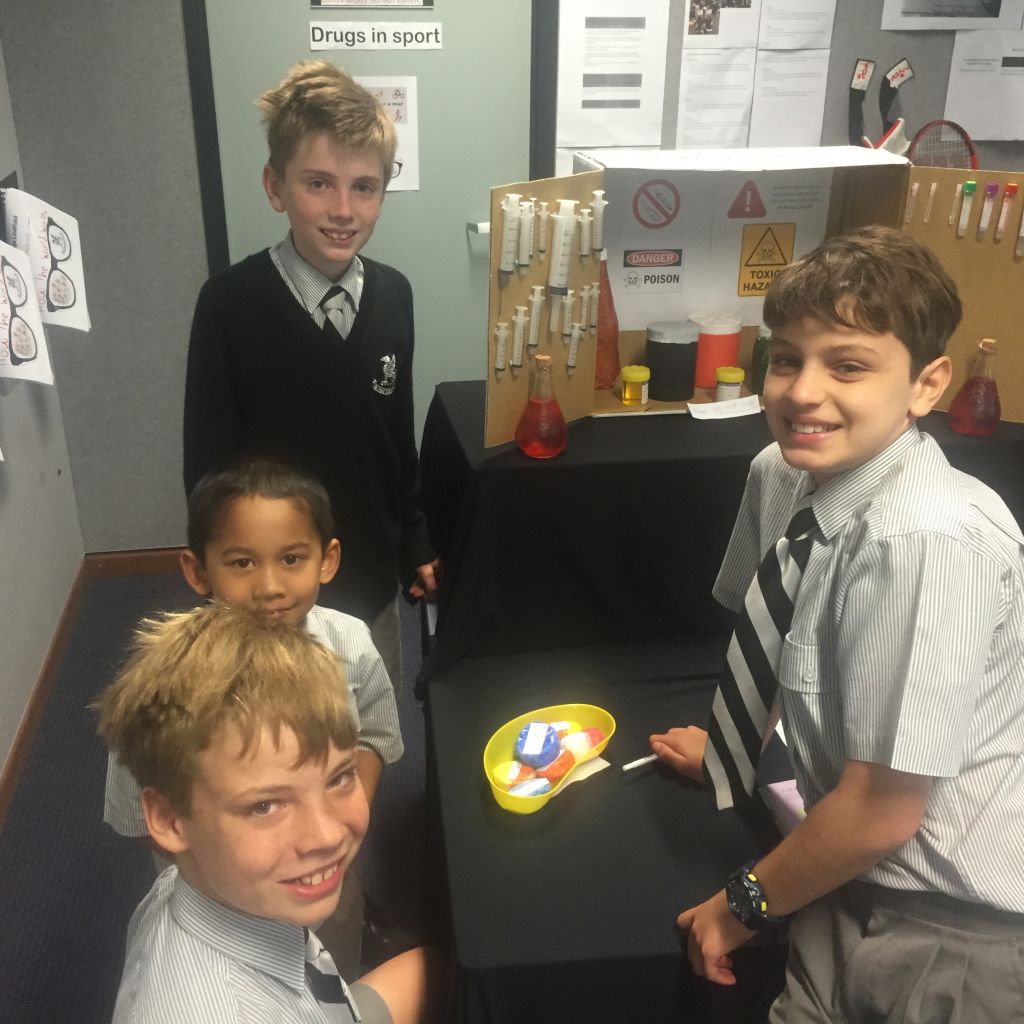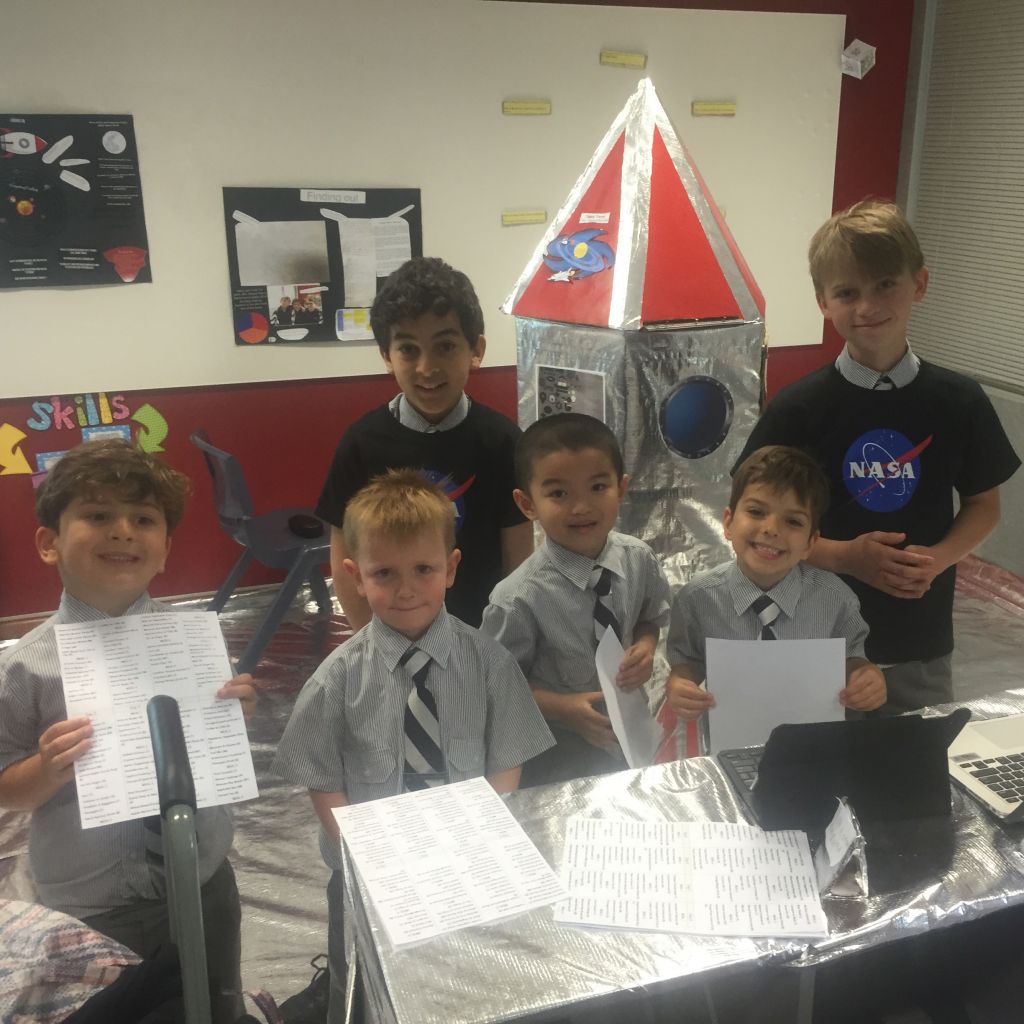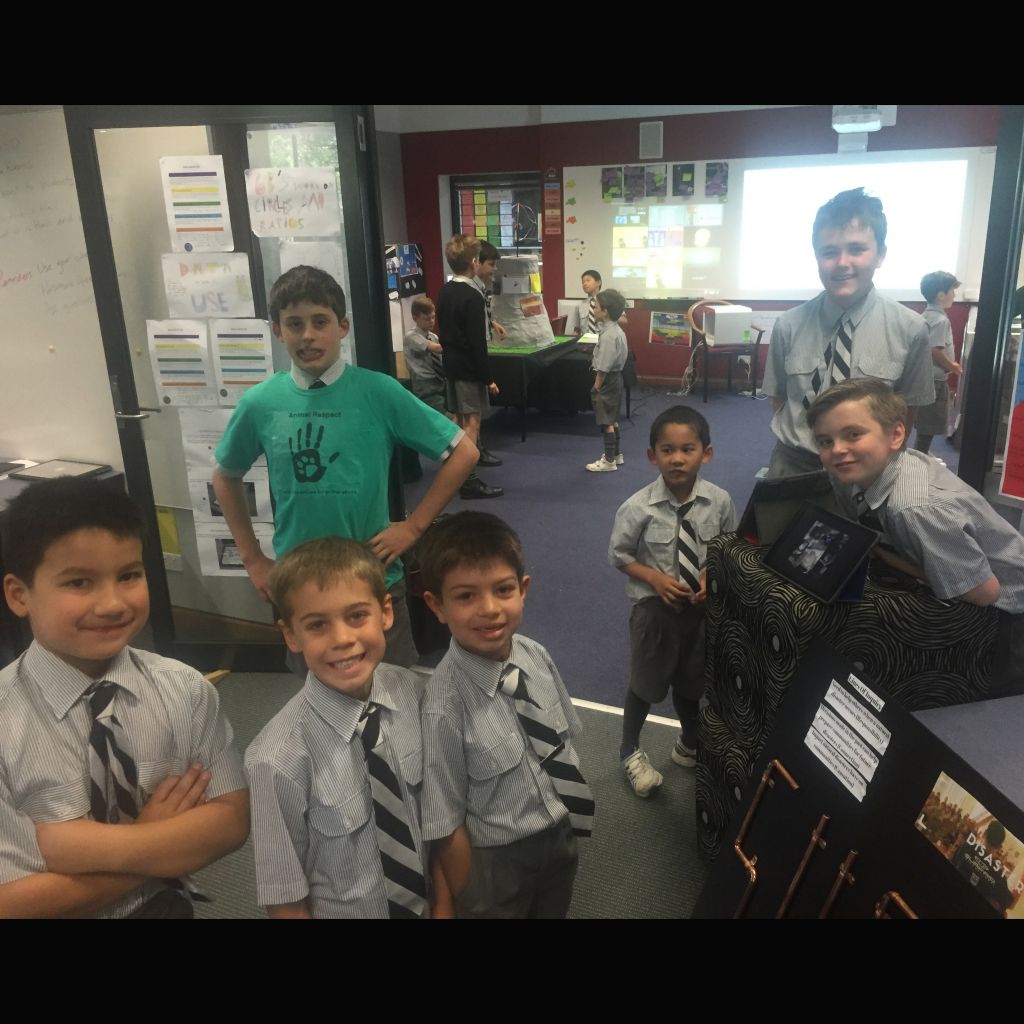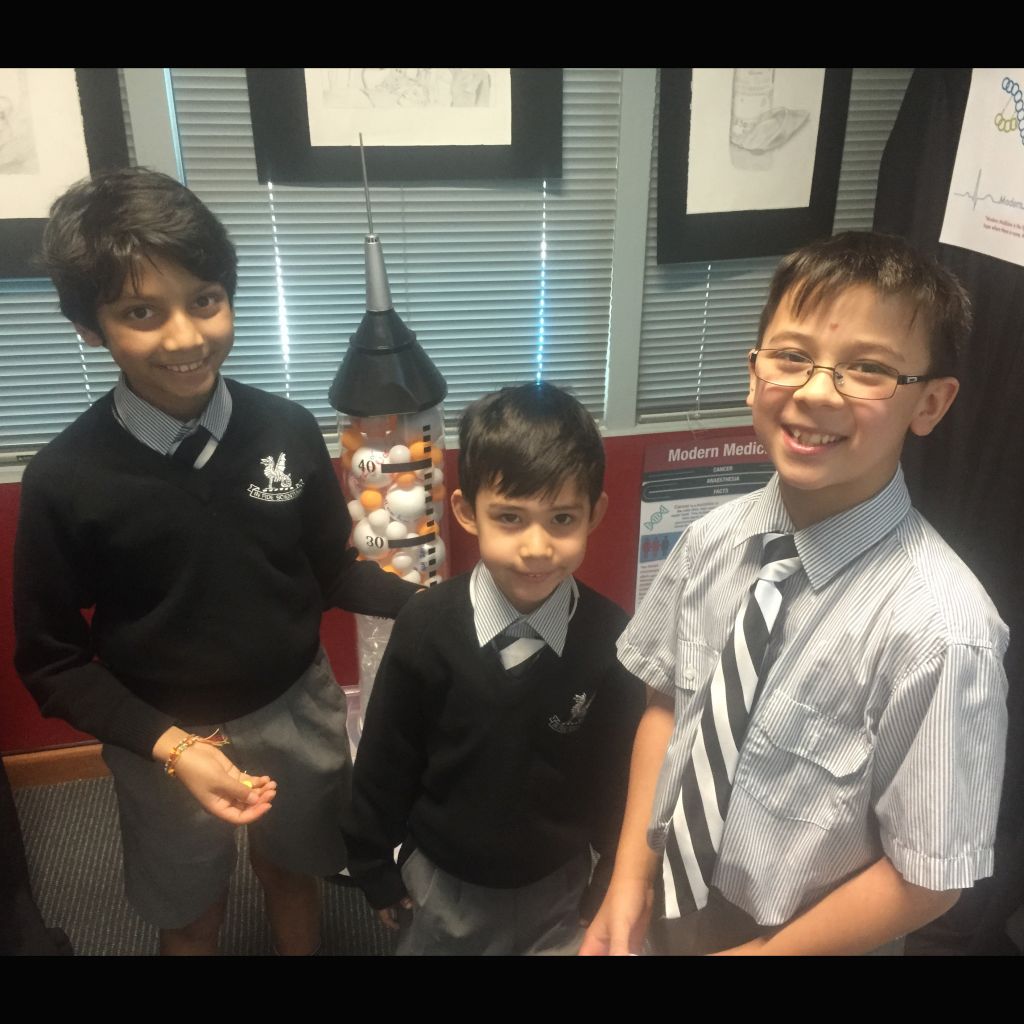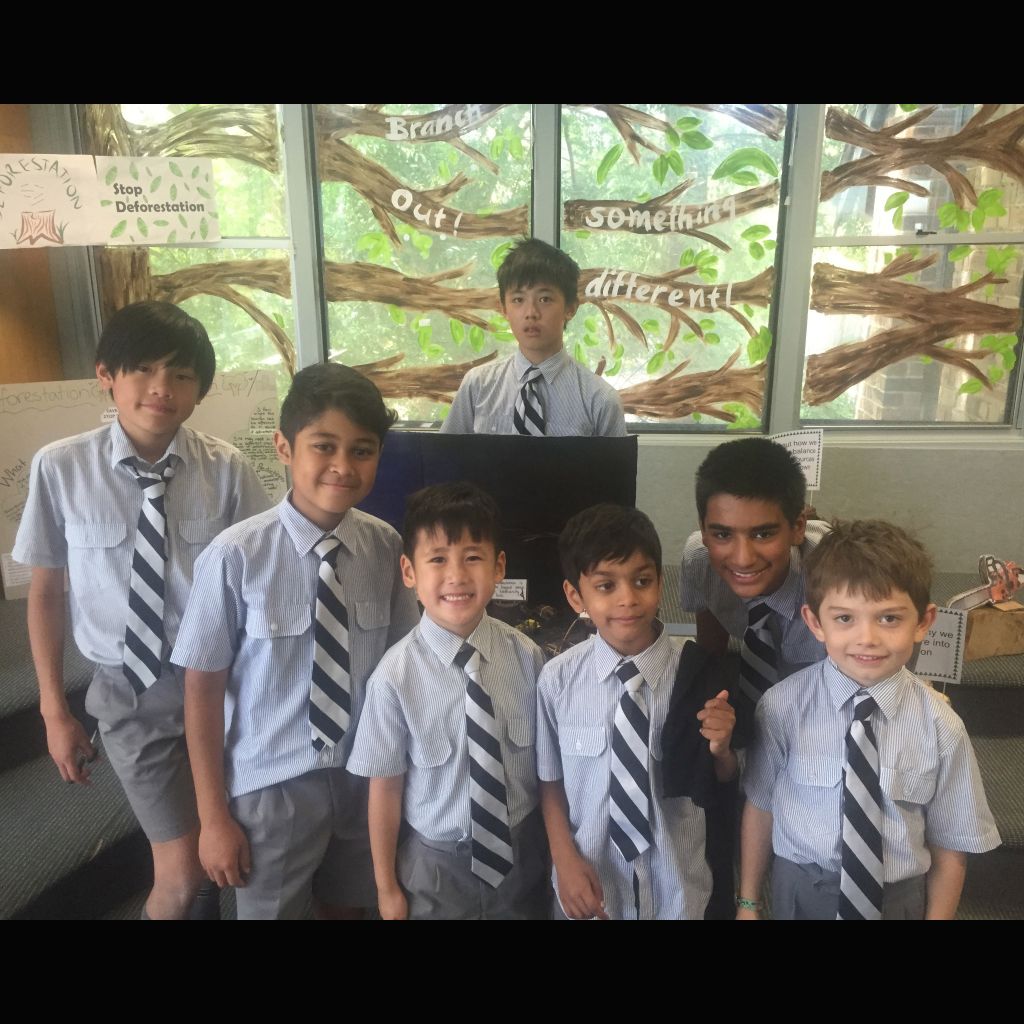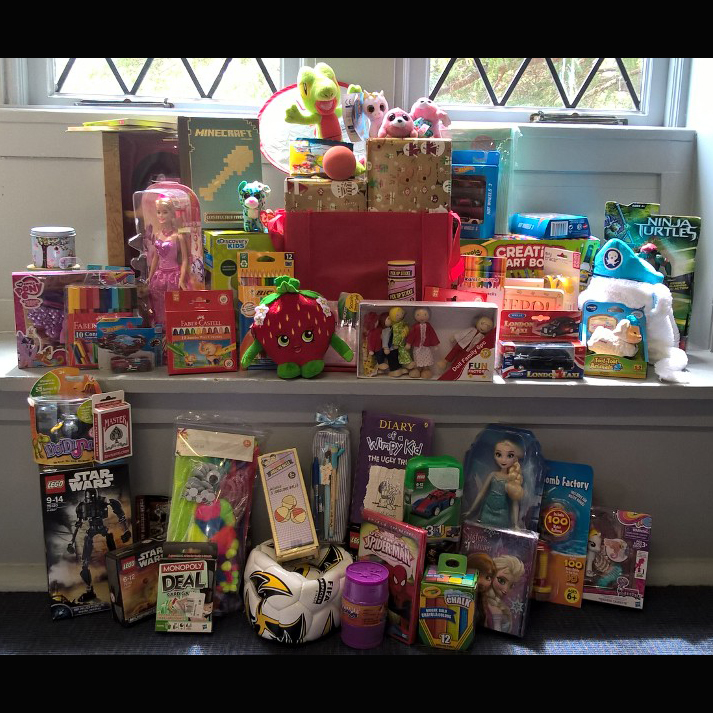A Message from the Head of Newington Prep
Habit of Success: Willpower becomes automatic (Self-Discipline)
What habits would you most like to see your children develop? Regular reading, doing homework independently, completing jobs around the house without you asking? It may come down to the habit of self-discipline. Research around willpower shows that it has a very positive effect in various areas of our lives. Self discipline is a better predictor of academic success than IQ. We want to develop willpower (self discipline) in our boys as a habit. There are many benefits that would flow from this for our boys and indeed for ourselves, if we can develop this attribute.
The Marshmallow experiment from the 1960’s is probably the most well known experiment about the power of willpower and its impact on success. In this experiment four year olds were offered a marshmallow immediately, or the option of waiting and getting two marshmallows later. Those who had the self-discipline to wait were shown to be far more academically successful in later life. Furthermore when a person develops self-discipline in one area of their life, it often permeates into other areas. If we exercise more, we find we eat less junk, we sleep better and we are more patient with others.
This is one reason of the many reasons that playing sport and music is really important. The lessons and self- discipline it takes to practice music or to train for your sport, helps students be able to self-discipline in other areas like doing homework and study. Willpower is learnable. It can be taught and reinforced to make it a habit.
Setting Goals
In order for people to exhibit self-discipline, it takes some forethought and planning. To develop the habit of self-discipline, or any habit at all, there are three steps that need to be clearly enunciated. Habits (good and bad ones) consist of a cue – routine – reward. Boys need to set goals that are detailed and to outline: the trigger (cue), the steps to complete their goal (routine) and the payoff (reward). They also need to plan what to do when things do not go as planned or when the routine can’t be completed.
We look at problem solving in relation to personal relations at Newington with our 2nd step program. When there is a problem we use the STEP routine which outlines a pathway to finding a solution.
Use Routines
It is best for our boys if we have set routines (habits) which help them with their self discipline. It may be that they always start their homework at 5pm (cue), it may be that they do a certain amount of homework and music practice (routine) and then they get to watch some T.V., kick the footy or play Xbox (reward).
It is also important to come up with a plan B for when problems arise. For example, if you have sports training after school and don’t get home until after 6pm, rather than abandoning the routine (homework starts at 5pm) work out a plan B in advance. Maybe you do the homework routine in the morning on that day. Practice your plan B to make sure that when something does arise it is not going to break the routine.
Choice
If you want your son to develop self-discipline then you need to discuss with him the reasons for doing so and get his ideas on how to make the routines and habits work. It is shown to be far more successful when children have ownership over the process.
The process is fantastic for us adults as well. We all have habits we would like to break and others we would like to start. Self-discipline is one the most important attributes our boys need to develop. Following this simple set of ideas can help them on their journey.
Duhigg, Charles. (2012) The power of habit :why we do what we do in life and business New York : Random House



